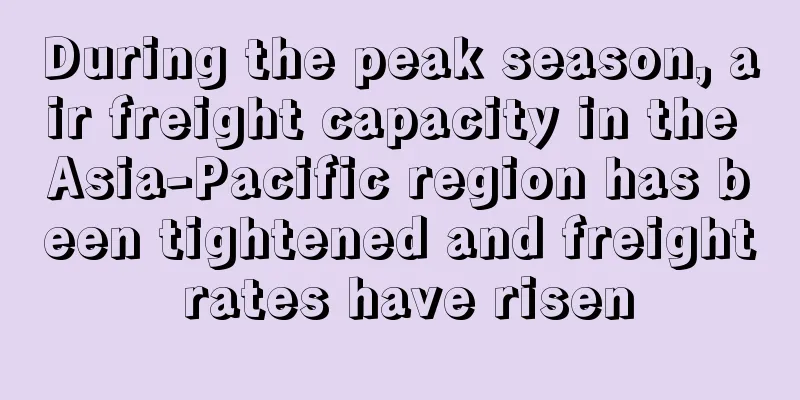Upgrading! Germany may become the new leader of European e-commerce

|
In 2021 , Germany, the United Kingdom, France and Italy accounted for 60% of total European e-commerce sales . Although the development of British e-commerce has encountered many restrictions after Brexit , it is still the leader of the European e-commerce market. Germany is expected to replace this position in 2025.
E-commerce in Europe has been growing steadily over the past few years, and the coronavirus outbreak has accelerated its development . According to recent data released by Statista , online sales account for an increasing share of total retail sales on the European continent.
In 2021, the share of online retail in Central and Western Europe reached 19% , an increase of 6% compared with 2019 before the epidemic , with the United Kingdom, Germany, France and Italy accounting for the majority of the total.
In 2020, the UK's e-commerce sales accounted for 21% of Europe , followed by Germany ( 19% ), France ( 13% ), and Italy ( 6%). The overall development of e-commerce has also driven the markets of other small European countries, such as the Netherlands and Belgium. E-commerce sales are growing, and the overall situation of European e-commerce is expected to remain stable in the next few years.
According to Statista , the three major e-commerce markets of the United Kingdom, Germany and France are expected to stagnate or decline by 1 to 3 percentage points by 2025, while smaller countries will catch up accordingly.
With the impact of Brexit and the development of the e-commerce market, Germany may overtake the UK and become the new leader in the European e-commerce market. It is expected that in 2025 , Germany will take the lead in e-commerce, accounting for 19% of the total e-commerce sales in Europe , while the UK will drop to 18%, and France will follow closely, with a share of 12%.
With the overall development of the e-commerce market, it is expected that the total sales of European e-commerce will double by 2025. The total sales in 2020 will be approximately 492 billion euros , and may exceed 1 trillion euros by 2025.
E-commerce consumption habits have already been formed in Europe, and the e-commerce market will be relatively stable in the future. Sellers should also pay more attention to local trends. Germany U.K. Europe |
<<: Real-time refunds are necessary! 58% of British consumers are deeply affected by this feature
>>: Brexit puts e-commerce business in trouble, with exports down 41%
Recommend
What is Drizly? Drizly Review, Features
Founded in 2012 and headquartered in Boston, Driz...
What is Seller Cloud? Seller Cloud Review, Features
Seller Cloud is an omni-channel management cloud E...
Have you sold out the European Cup peripherals?
The European Cup, which is held every four years,...
Family Dollar partners with Instacart to launch same-day delivery service
As e-commerce becomes more popular, online grocer...
A large number of cross-border people regret leaving Shenzhen!
Every year, cross-border people leave Shenzhen, b...
What is Vevo? Vevo Review, Features
Vevo is a music service website jointly establish...
Amazon orders dropped sharply before Black Friday! Sellers: Peak season never came
Before Black Friday, Amazon sellers seem to be ex...
What is Yuman Global? Yuman Global Review, Features
Yuman Global (Henan Yuman Global Cross-border E-co...
Fakespot was caught because of too many fake reviews on its platform? Amazon complained and removed it from the platform
Recently, Amazon has been strictly investigating ...
It became number one in the category within half a year and broke out of the red ocean!
People in the industry often think that cross-bor...
Net profit plummeted for three consecutive years! East China's largest seller plans to take new actions
In recent years, with the rapid development of th...
What is Classpass? Classpass Review, Features
Classpass is currently the world's largest fi...
Instagram Marketing: Sellers need to master these user data!
As one of the top ten most popular social media p...
How to choose holiday products: Etsy releases annual holiday trend report
Etsy has released its 2021 Holiday Trends Report ...
Crocs sales will increase by about 67% in Q4 2021!
2021 has passed, and many businesses have begun t...









